New York, NY (January 18, 2019) -- Mack Avenue Records is excited to announce the release of GRAMMY nominated Julian Lage's new album, Love Hurts. Out everywhere on February 22, Love Hurts was produced by Lage at The Loft, Wilco's expansive studio space in Chicago's Irving Park. The album marks the guitarist's third Mack Avenue LP recorded with a trio, and his first to feature bassist Jorge Roeder and drummer Dave King (The Bad Plus). Love Hurts collects a series of multifaceted, freewheeling interpretations of pieces written by a range of artists and songwriters representative of Lage's omnivorous musical appetite.
"The covers on this record are like when you move into a new apartment; the last thing you do is hang your pictures on the wall," Lage says. "Those pictures define your aesthetic in a way. So the tunes we chose kind of define the aesthetic I love but hadn't put on a record yet."
To celebrate the announcement, Lage is releasing the Alex Chaloff directed video of the first track from Love Hurts, "Tomorrow Is The Question" - a cover of Ornette Coleman's masterful tune from 1959.
Hailed as one of the most prodigious guitarists of his generation, Julian Lage has spent more than a decade searching through the myriad strains of American musical history via impeccable technique, free association and a spirit of infinite possibility. Though only 31, the New York-based musician boasts a long, prolific résumé as sideman (alongside such icons as Gary Burton and John Zorn), duo partner (with Nels Cline, Chris Eldridge and Fred Hersch, among others), and as soloist and bandleader. Love Hurts - which marks Lage's third Mack Avenue LP recorded with a trio, and his first to feature bassist Jorge Roeder and drummer Dave King (The Bad Plus) - sees the GRAMMY® nominated guitarist exploring the American song catalog from a truly unique vantage point, performing music written by a range of audacious and original artists, from Roy Orbison to Ornette Coleman, Jimmy Giuffre to Peter Ivers. Lage and his rhythm section build upon the wandering sonic outlook of his previous LPs, further impelling his defining amalgam of jazz fusion, jam band liberation, standards, and embryonic rock 'n' roll with virtuosic precision, adventurous improvisation, and a remarkably clear vision.
"For me, this recording completes a trilogy of approaches to the trio," says Lage. "They're all similar but illuminate different fascinations."
Love Hurts collects a series of multifaceted, freewheeling interpretations of pieces written by a range of artists and songwriters representative of Lage's omnivorous musical appetite. Lage's trio LPs have seen him working his way through the musical history of the 20th century, with Arclight exploring the pre-bebop era and country swing, and Modern Lore then surveying the post-war landscape of first wave rock 'n' roll. Love Hurts, in turn, finds Lage searching through the unfettered artistic freedom of the late 1960s and 1970s, the ambitious energy and lack of restrictions placed upon artists of all genres providing a guiding light for the sessions.
"The covers on this record are like when you move into a new apartment; the last thing you do is hang your pictures on the wall," Lage says. "Those pictures define your aesthetic in a way. So the tunes we chose kind of define the aesthetic I love but hadn't put on a record yet."
Though composed more than a half century ago, songs like the iconic title track - written by Boudleaux Bryant and first recorded by the Everly Brothers - might well have been written to suit Lage's fulsome, evocative style. Love Hurts contrasts that aspect of his artistry by demonstrating the profound influence on his work by such avant-garde jazz heroes as Ornette Coleman, Jimmy Giuffre, and especially Keith Jarrett, the latter's huge inspiration embodied by two centerpiece tracks, "Encore (A)" and a strikingly epic take on "The Windup."
"The connection we were trying to draw was between this effusive era of Keith Jarrett's music and all the tributaries that go away from or lead to it," Lage says, "and then mixing that with music like Roy Orbison, this early rock 'n' roll that was also kind of effusive, rich and heartbreaking. We were looking at it as couplets, so we could very casually say, yeah we're doing 'Love Hurts' and we're doing 'The Windup' in the same breath and for it to feel genuine or native. That's what we were excited about. It didn't feel like we were making a sampler, it has a narrative."
The impetus for Lage to delve deeper into his own improvisational influences was initially catalyzed by a series of 2018 live dates that saw him and bassist Jorge Roeder joined by Dave King, composer and drummer extraordinaire with such illustrious combos as The Bad Plus and Dave King's Trucking Company.
"Dave was like the most beautiful curveball being thrown in," Lage says. "He's one of the greatest improvising forces and artistic visionaries. We became close friends over the last couple of years, we played some shows together and I thought, this is really heavy. He brings something out in Jorge and I that is native to the music we grew up playing but doesn't always get prompted in this particular way that often. I thought, this is someone who can do it all. He can light that fire as a player and he can help us formulate a strong collective vision."
The trio continued their dialogue over 2018, discussing imaginative ways of interpreting music and forming "a monster list of options" from which to choose. In early September, they reunited at The Loft, Wilco's expansive studio space in Chicago's Irving Park, with Lage taking the helm as producer for the first time, ably assisted by engineer/mixer Tom Schick. The Loft proved a big player in the album's creative narrative, with Lage going so far as to put down his trademark Telecaster and instead play one of Jeff Tweedy's vintage Gretsch Duo Jets. Lage and his rhythm section took advantage of the studio's warmth and possibility, tracking the entire LP in just a day-and-a-half with what are mostly first takes, the three musicians determinedly steering clear of overworking the material.
"I was excited to do a record where I had a certain amount of pressure to follow my ear," Lage says. "I, of course, had so much help, not only from Dave and Jorge, but from Tom and long-time collaborators like Nels Cline and Margaret Glaspy, people who I consider real counselors. But it seemed clear to us how to make this record - you come in with a vision and you try to not belabor it. You capture it. It's not very romantic, I suppose. It was really a very simple and fun record to make."
Along with its inspired interpretations, Love Hurts showcases Lage's own compositional talent with a pair of original pieces, "In Circles" and "Lullaby." The guitarist views his contributions, recorded as interstitial vignettes, as the LP's connective tissue, representative of his own artistry and resolute interest in honoring a wide scope of traditions within American music.
"My pieces are there to spark what, to me, felt essential," Lage says. "To portray a fluid continuum from the improvised music sphere to the realm of song."
No matter the composer, at the very heart of Love Hurts is Lage's lifelong zeal for pure group improvisation, an abstract interactivity that long fueled his work but until now has not yet been fully embodied in his recorded output.
"I realized that there's this free improvisational element that's a really important part of my background," Lage says. "It's something I love, something I've cared about since I was a child, but isn't represented fully on any one of my albums. It usually gets left on the cutting room floor, in a way. It felt necessary to include that aspect of my music, just to paint a fuller picture. Each record I make I think of as the basis for, God willing, what's next. It gives me permission to say, okay, this aesthetic is included in the overall narrative, now let's go even further."
Progressive yet somehow timeless, Love Hurts reveals new facets of Lage's approach while truly demonstrating his avowed belief in simple human interaction and spontaneous creative communication. As he has throughout his already remarkable career, Julian Lage has once more built a musical bridge all his own, linking tradition and history with the characteristically American spirit of invention and adventure.
"I've been so lucky to be a part of a lot of music making that's kind of different from one another," he says, "whether it's with acoustic guitar or what I do with Nels Cline or John Zorn or Charles Lloyd, and now with my band. I want to not distill but maybe focus those efforts, so you could hear one song by us and say, wow, there's all these things going on. It's living in harmony with itself. That's the dream."
For more information:
Julian Lage







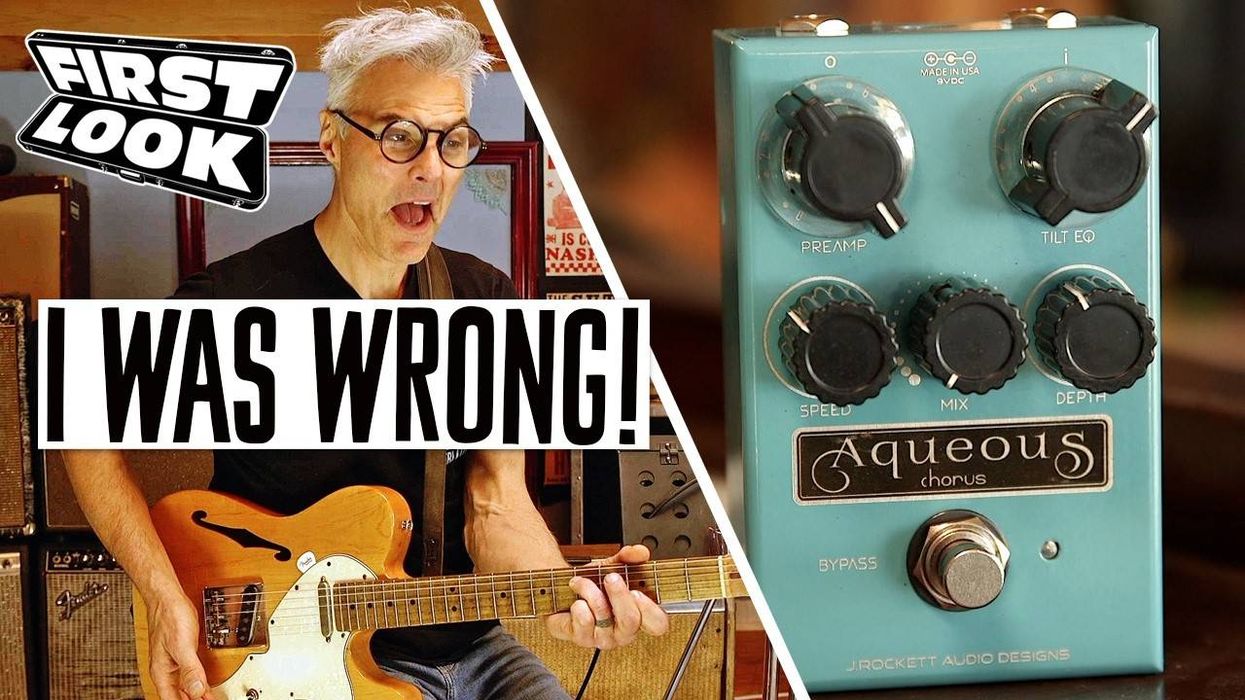
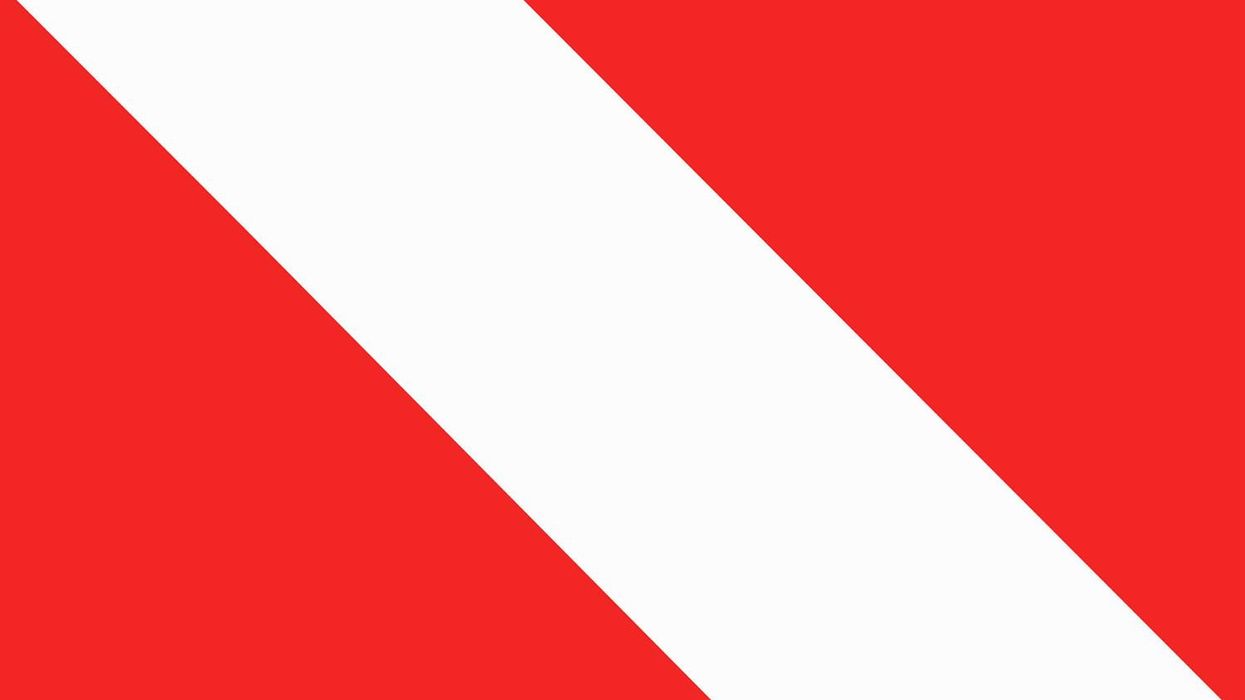
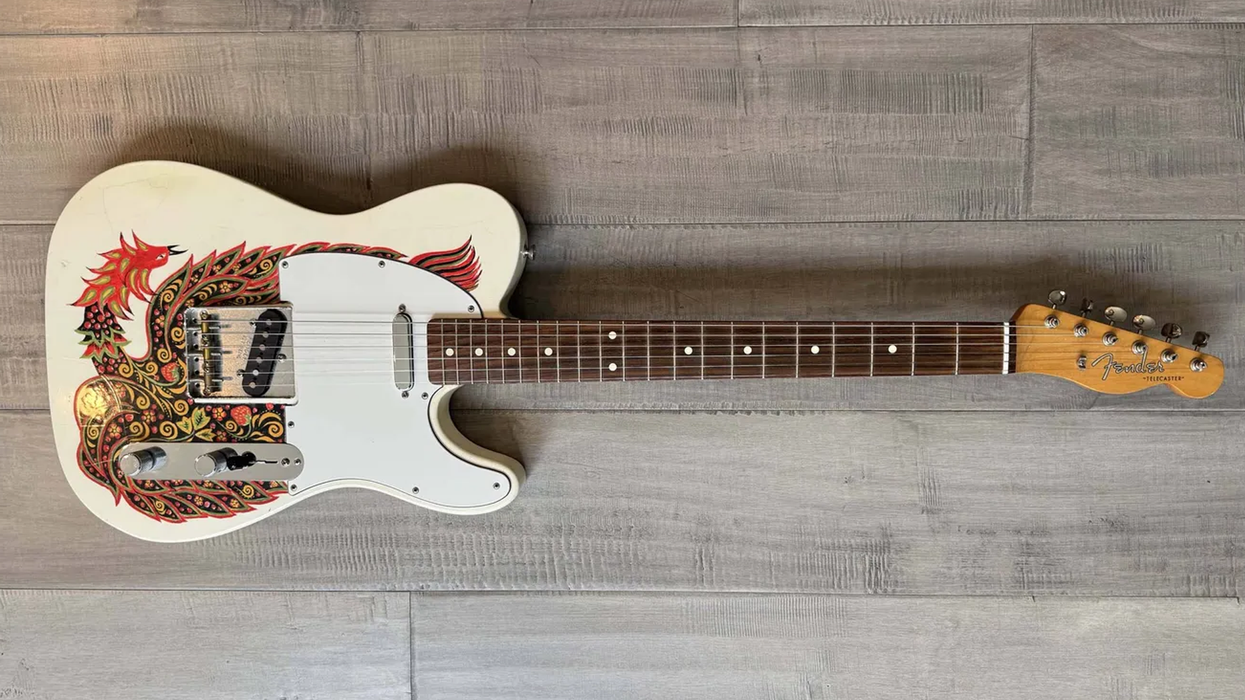
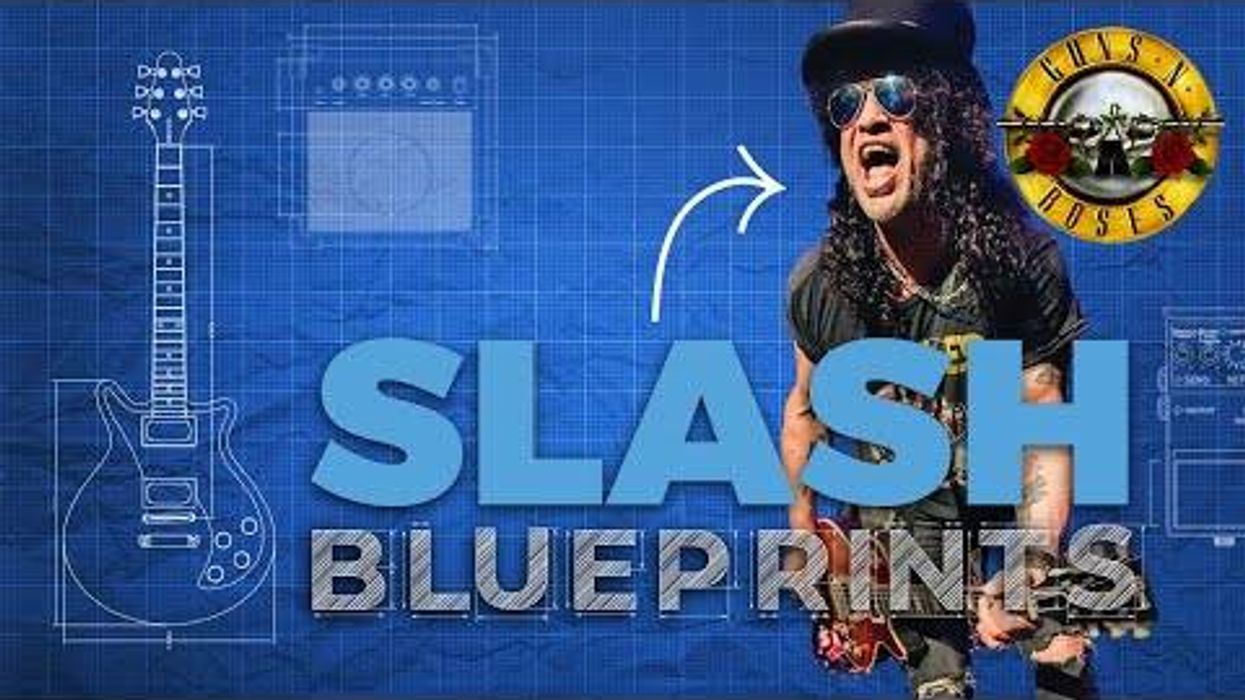

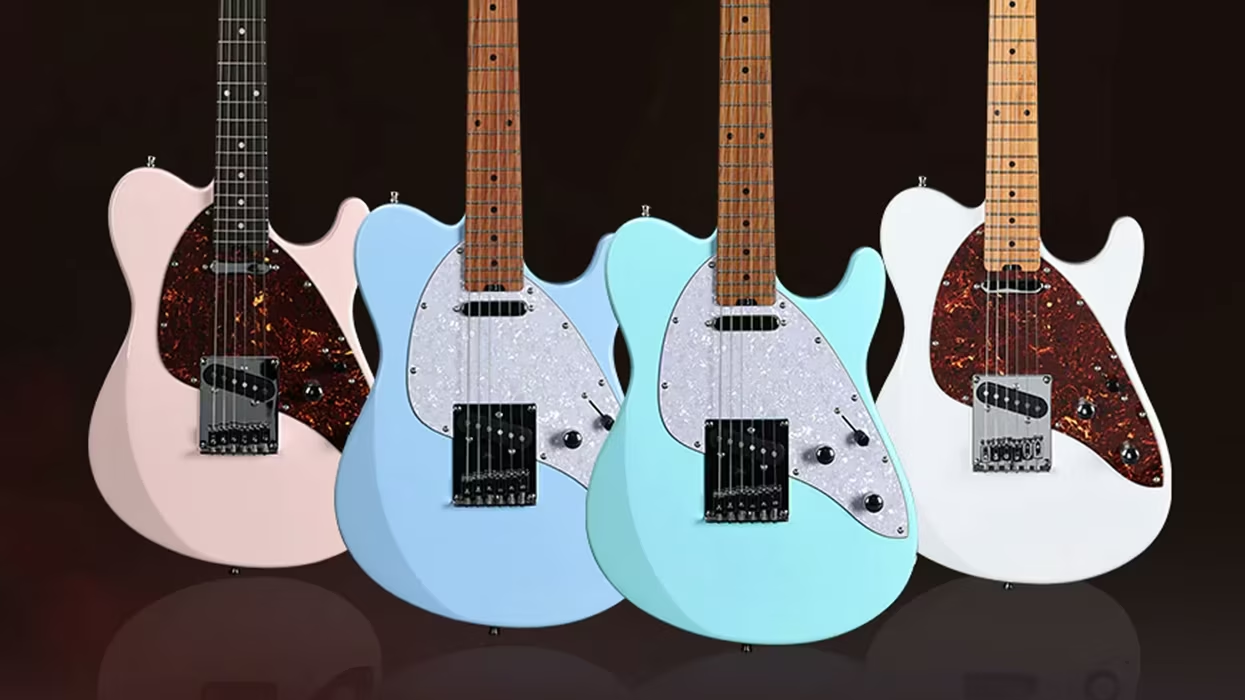
![Rig Rundown: Russian Circles’ Mike Sullivan [2025]](https://www.premierguitar.com/media-library/youtube.jpg?id=62303631&width=1245&height=700&quality=70&coordinates=0%2C0%2C0%2C0)
















![Rig Rundown: AFI [2025]](https://www.premierguitar.com/media-library/youtube.jpg?id=62064741&width=1245&height=700&quality=70&coordinates=0%2C0%2C0%2C0)




















 Zach loves his Sovtek Mig 60 head, which he plays through a cab he built himself at a pipe-organ shop in Denver. Every glue joint is lined with thin leather for maximum air tightness, and it’s stocked with Celestion G12M Greenback speakers.
Zach loves his Sovtek Mig 60 head, which he plays through a cab he built himself at a pipe-organ shop in Denver. Every glue joint is lined with thin leather for maximum air tightness, and it’s stocked with Celestion G12M Greenback speakers.






